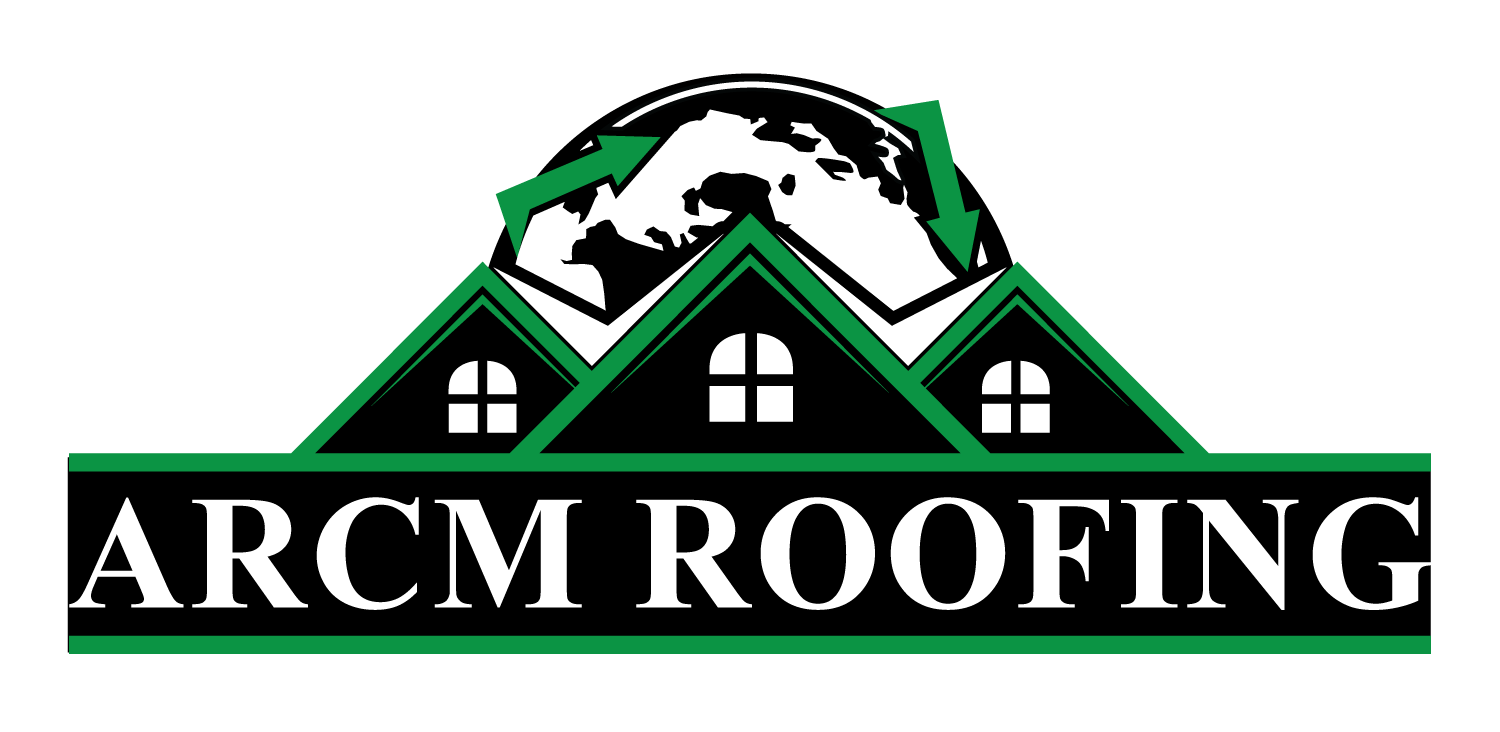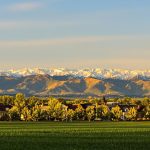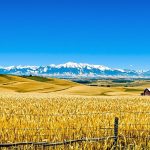Fort Morgan, Colorado, was established in 1864 as a military outpost named Camp Tyler to protect travelers on the Overland Trail, later becoming Fort Morgan in 1866. It was decommissioned in 1868. The area evolved into a thriving agricultural town, known for its sugar beets and diverse industries like Cargill and Leprino Foods. Today, visitors enjoy attractions such as the Fort Morgan Museum and Rainbow Arch Bridge. Further exploration will reveal more about its rich history and vibrant cultural scene.
Expert Highlights
- Fort Morgan was established in 1864 as a military post.
- Located in northeastern Colorado, along the South Platte River.
- The economy is driven by agriculture and food processing.
- Key attractions include the Fort Morgan Museum and Rainbow Arch Bridge.
- Diverse community with over 55% ethnic or racial minorities.
History and Origins
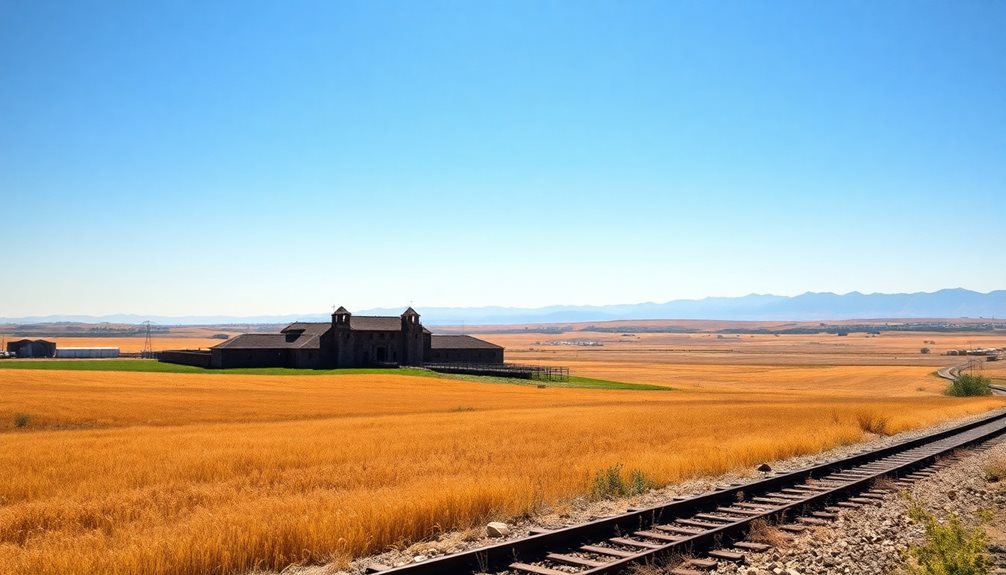
Fort Morgan, located in present-day Morgan County, Colorado, has its roots in a narrative of military necessity and strategic geographical advantage. Established in 1864 as a U.S. military post, it was known initially as Camp Tyler and later named Fort Morgan in 1866, after Colonel Christopher A. Morgan.
The fort protected travelers along the Overland Trail from Native American raids. After the Union Pacific Railway reduced threats, the fort was decommissioned in 1868.
The town of Fort Morgan was later founded in 1884 by Abner S. Baker.
Unlike Limon, Colorado, which developed as a transportation hub, Fort Morgan's origins were primarily military in nature.
Attractions and Activities
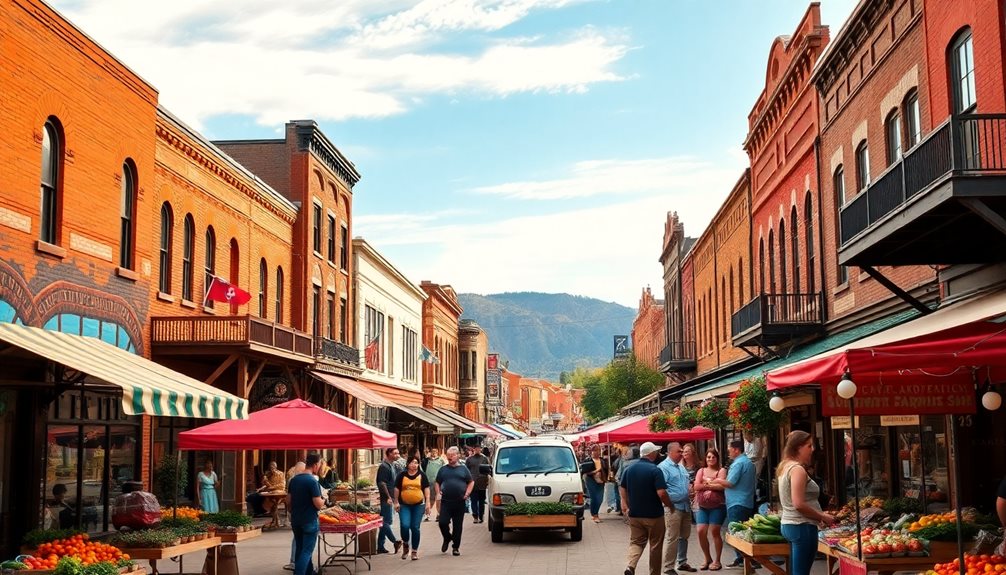
Among the many attractions and activities that make Morgan County thrive, visitors often find themselves drawn to the rich cultural and natural offerings in and around Fort Morgan.
The Fort Morgan Museum is a highlight, featuring exhibits on Glenn Miller and local history. The city boasts beautiful parks and outdoor spaces along the South Platte River, offering opportunities for fishing and hiking.
Visitors can explore the Rainbow Arch Bridge, a historic landmark, and experience the vibrant music scene, which includes the annual SwingFest celebrating Glenn Miller's legacy.
Just a short drive from historic Pueblo, visitors can experience a different flavor of Colorado's rich heritage and cultural attractions.
Economy and Industry
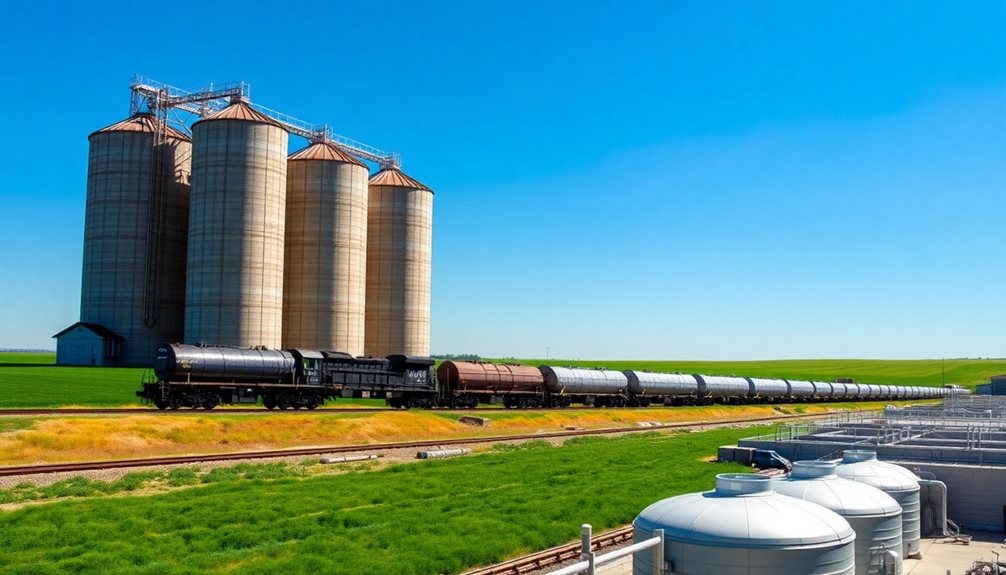
Morgan County's economy, centered in Fort Morgan, is primarily driven by agriculture, with substantial contributions from related industries such as livestock and food processing.
The Cargill meat-packing plant, employing approximately 2,100 people, is a major player, alongside the Leprino Foods cheese factory and Dairy Farmers of America facilities.
Additionally, Smirks, a large seed processor, adds to the industrial base.
Municipal utilities provide low-cost services, supporting businesses and residents alike, while economic development initiatives aim to diversify the local economy through incentives and grants.
Community and Culture**
In Northeast Colorado, one of the most diverse rural communities is located in Morgan County, with over 55% of Fort Morgan's population identifying as ethnic or racial minorities.
The town is home to vibrant cultures from Somalia, Latin America, and other regions, brought together by industries like meatpacking.
Community integration efforts are led by organizations such as OneMorgan County, which fosters trust and intercultural understanding among residents.
These initiatives support newcomers in maneuvering local systems and promote a welcoming environment.
Despite challenges, Fort Morgan demonstrates positive community cohesion and cultural exchange.
Expert Final Thoughts
Fort Morgan, Colorado, concludes its narrative with a blend of historical significance and contemporary importance. Founded as a military outpost in 1864 to safeguard the Overland Trail, the fort evolved into a thriving agricultural hub following its decommissioning. Today, Fort Morgan remains a center of agriculture, branching into diverse sectors while preserving its historical roots. The city's resilient community, bolstered by modern farming practices and a rich cultural heritage, underscores its enduring relevance in the American Midwest.
